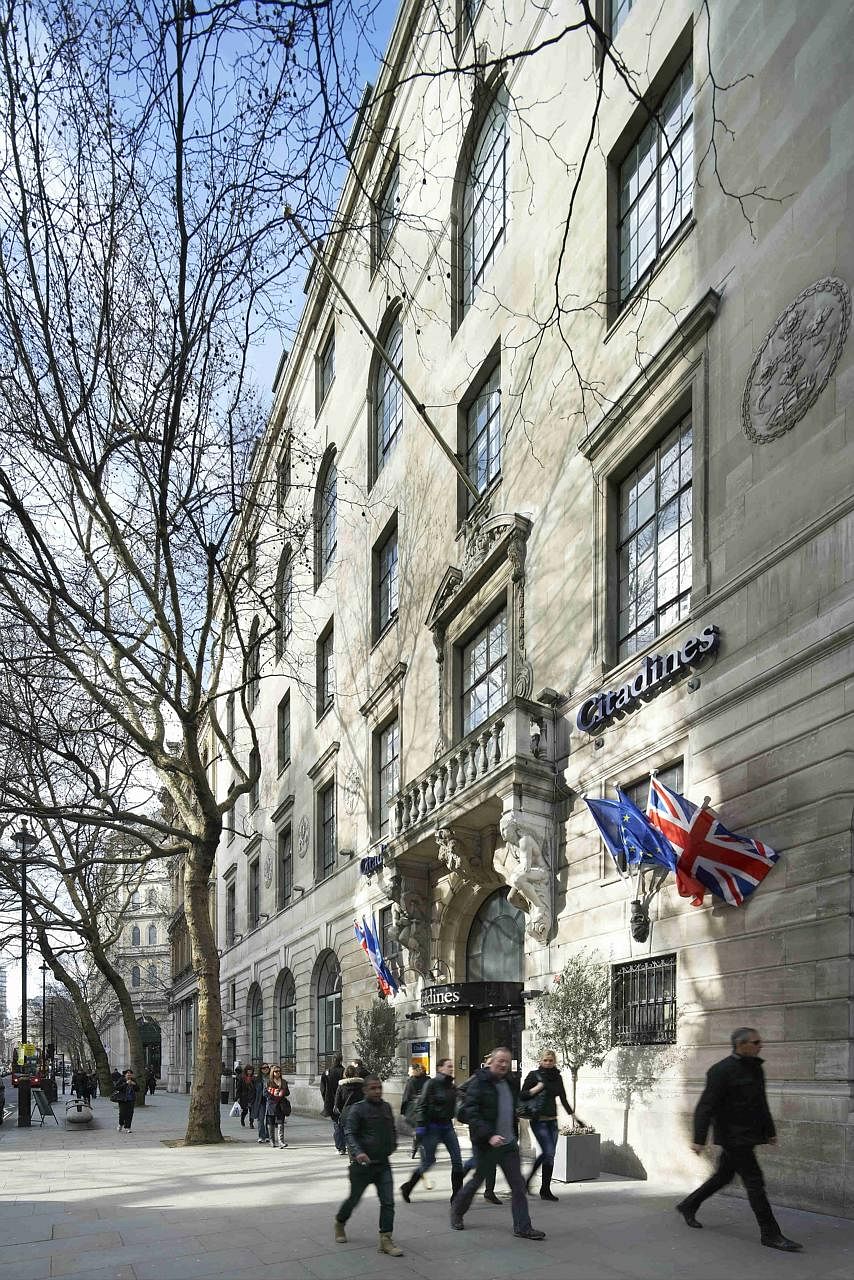Singapore firms operating in Britain are keeping prices steady despite the pound's dizzying plunge against the Singdollar in the wake of the Brexit referendum.
The weaker pound - it has fallen 11.5 per cent since the June 23 vote to leave the European Union - would normally force firms with a presence in the country to raise prices to compensate for costlier imports. But some companies told The Straits Times that they are keeping prices steady, while hospitality players have noted an uptick in demand for rooms owing to the more affordable pound.
Prices have certainly started to move in Britain, with inflation there rising from 0.5 per cent in June to 0.6 per cent last month, its highest level since November 2014. The increase was driven mainly by rises in fuel, alcohol, hotel room and restaurant prices.
But it appears Singapore hospitality firms are bucking the trend.
The Ascott - the serviced-residence business unit of CapitaLand - told The Straits Times that it has not raised rates. "Our corporate customers continue to book at the contracted rates and we are expanding our network of corporate clients by reaching out to more expatriates and business travellers," said Mr Alfred Ong, managing director for Europe at The Ascott.
The firm has seven properties - with over 1,000 rooms - in London under The Ascott and Citadines brands as well as The Cavendish London. Another property, Citadines Islington London, is due to open in 2019.

The Ascott said occupancy and apartment rates have remained steady while it has seen increased demand from leisure travellers, due in part to the weaker pound.
Mr Ong added: "We believe that demand for serviced residences from corporate travellers will remain stable and the affordable pound will continue to attract leisure visitors to London this year."
City Developments said its London-listed subsidiary, Millennium & Copthorne Hotels (M&C), has not seen a major drop in business in London, and it is monitoring the forward-booking pace. It added that raising rates will be "somewhat difficult", given the uncertain economic environment. CDL executive chairman Kwek Leng Beng said: "We are competitively priced and will act accordingly if we see a slowdown in pace in the weeks and months ahead."
CDL added that it expects a boost in domestic British tourism following Brexit, which will provide opportunities for M&C's hotels in key cities in Britain.
"Out of 126 hotels globally, only 22 are situated in the United Kingdom. This broad geographic exposure will allow M&C to mitigate the weakened pound," Mr Kwek added.
The effects, however, could potentially be felt when the firm consolidates its British operations into Singdollars in CDL's books. To this end, Mr Kwek said the firm will focus on controlling costs during this period of economic uncertainty.
Its hotels in Britain contributed about 12 per cent of CDL's total revenue as at December last year.
Singapore hotelier and restaurateur Loh Lik Peng has not adjusted rates at the two London hotels under his Unlisted Collection brand - the Town Hall Hotel in Bethnal Green and 196 Bishopsgate in the financial district.
Mr Loh said the average occupancy is about 80 to 85 per cent, with average daily room rates around £180 to £200 (S$318 to S$353).
"The exchange rate has little actual direct correlation to our rates... We have a natural hedge for our sterling exposure as our business there and liabilities are all denominated in pounds," said Mr Loh.
He added that business is "good" and could stay that way in the short to mid term, as the weak pound makes Britain a cheaper tourist destination.
Lifestyle firm Osim International, known for its massage chairs and the TWG tea brand, said Britain is a small market, so the impact of a weaker pound has been limited.
"Both Osim and TWG are doing fine at this moment as we are only in London... We are maintaining prices at the moment but will expect to increase by 5 to 10 per cent in due course," Osim founder Ron Sim told The Straits Times.
Mr Sim said he believes Britain is still an important market in Europe, and "one has to be focused and selective in expansion and investment in the UK".

